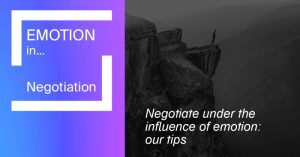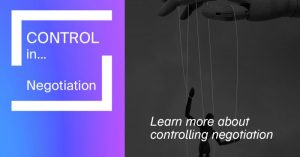Consider the other party’s tactics. They might be planning to:
- propagate inaccurate beliefs
- affirm a false sense of accuracy in thinking
- promote ‘familiarity’ with something that’s not true
- find ways to get opinion to defeat data.
Can you differentiate fake news from the real?
Research suggests it’s generally those people who overclaim their level of knowledge and display shallowness with analytical thinking have difficulty differentiating real news from fake news. So, when challenged to differentiate, instead of learning more, they fall back on how it fits with their sense of self – their identity. ‘Real’ or ‘fake’ takes second place to “which news validates how I feel?”.
While it’s harder for such people to tell the difference between real or fake news, it may also suit them not to try too hard. Who published it can prompt blind allegiance. The familiarity of a headline or sound bite, whatever its quality, can be enough to sway opinion because the consumer’s identity is affirmed.
Through the looking glass…
Consider the lenses of powerlessness or dominance, of religion or science, of isolation or community, of fear or aspiration. If I believe I am powerless (a victim), I may be seduced by conspiracy. If I feel isolated (abandoned), I may be seduced by a revolutionary cause. If fearful (vulnerable), by a fightback through anger. In such contexts, the ‘suspect’ beliefs that people have can be writ large, and social media is an excellent medium for connecting them with each other.
Here are our key take-aways for the negotiator to detect fake news:
- The content is incidental. All negotiators pursue outcomes that fit with how they see themselves. This fires the narrative they want to tell when they leave the room. What story do you want them to tell?
- Don’t play the cards dealt, play the person across from you. Who are they, what’s their story? Take time early to build relationships during formal and informal time. Negotiators who don’t prepare, don’t ‘connect’. Those who just ‘get down to business’ are vulnerable to fake news. Their analysis is too one-dimensional.
- Observe breaks in continuity. What identity was trodden on or affirmed when words turned combative, tonality became shrill, and body language big and close? Or when the words dried up, the tonality softened, and body language turned to stone?
- Observe incongruities. What does it mean when the words are ‘cold’ behind the smile? When good questions are deftly avoided? When the data says one thing, and the rhetoric another?
- Observe how your allies interpret fake news. Understand this is what they will offer you if your disagreements threaten them.
- Prepare sound bites that will resonate with identity. Three-word slogans, whatever their content, have a habit of cutting through. “The most powerful force in the human psyche is people’s need for their words and actions to stay consistent with their identity – how we define ourselves” (Tony Robbins)
In the end, all outcomes are driven by what people choose to believe. Looking at data through our different lenses and identities determines its meaning, and thereby the actions we take and the outcomes we achieve.
Uncovering beliefs is a key reason why we explore the other party’s mindset in the pre-negotiation time investing in open questions in our negotiation process.
To discuss this article in more depth or to explore effective negotiation skills training further please contact us on +612 9299 9688.











